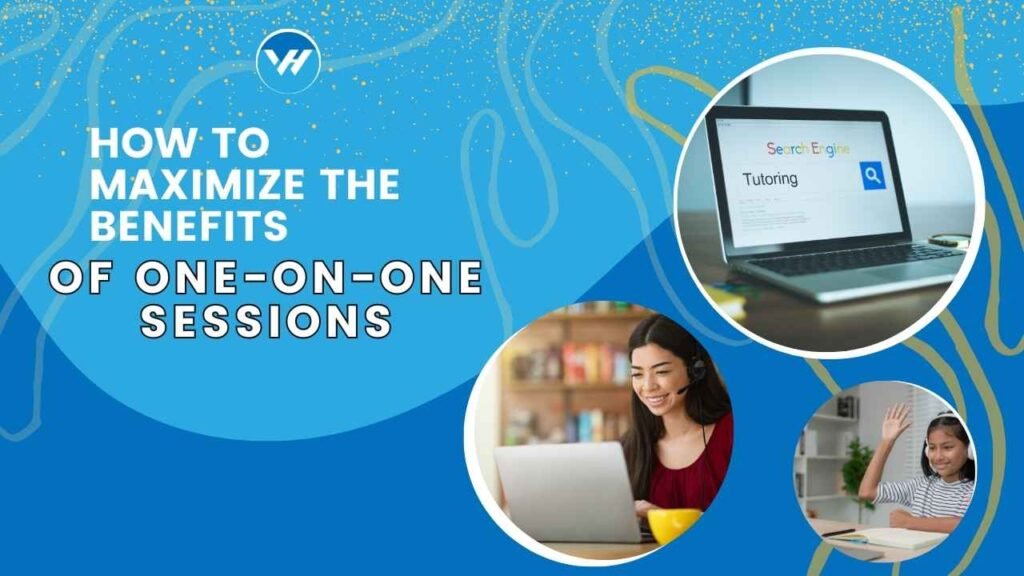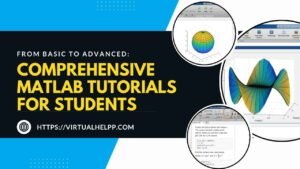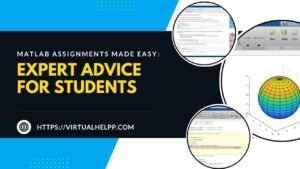One-on-one sessions are like secret weapons in the world of learning. They provide personalized attention that’s hard to come by in group settings. Whether you’re a student seeking extra help or a professional looking to enhance your skills, these sessions can be incredibly beneficial. In this article, we’ll explore how you can maximize the benefits of one-on-one sessions and make the most out of your learning experience.

Table of Contents
ToggleUnderstanding the Value of One-on-One Sessions
Personalized Attention
One-on-one sessions mean you get the tutor’s undivided attention. This setup allows for a tailored approach to your learning needs, ensuring that you fully understand the material.
Customized Learning Experience
Everyone learns differently, and one-on-one sessions cater to this. Your tutor can adapt their teaching style to match your learning preferences, making the sessions more effective.
Preparing for One-on-One Sessions
Setting Clear Goals
Before each session, know what you want to achieve. Having clear goals helps keep the session focused and productive.
Gathering Necessary Materials
Make sure you have all the materials you need ready before the session starts. This includes textbooks, notes, and any questions you want to ask.
Choosing the Right Tutor or Mentor
Evaluating Qualifications and Experience
Not all tutors are created equal. Look for someone who has the qualifications and experience in the subject area you need help with.
Checking Compatibility and Teaching Style
It’s important that you and your tutor get along and that their teaching style suits your learning style. A good rapport can make the sessions more enjoyable and effective.
Effective Communication During Sessions
Asking Questions
Don’t be afraid to ask questions. It’s your time to learn, and asking questions helps clarify doubts and deepen your understanding.
Providing Feedback
Let your tutor know what works for you and what doesn’t. This feedback can help them adjust their teaching methods to better suit your needs.
Active Participation in Sessions
Staying Engaged
Stay active and engaged during the session. Participate in discussions, solve problems, and interact with the tutor to keep the session dynamic.
Taking Notes
Taking notes helps reinforce what you’ve learned and provides a reference for later. It also keeps you engaged and attentive.
Utilizing Session Time Efficiently
Prioritizing Topics
Focus on the most important or challenging topics first. This ensures that you cover what’s most critical and can address less pressing issues if time allows.
Time Management Strategies
Be mindful of the time. Allocate specific amounts of time to different topics to ensure that everything you want to cover gets addressed.
Reviewing and Reflecting After Sessions
Summarizing Key Points
After the session, take some time to summarize the key points you’ve learned. This helps reinforce the material and ensures you have a clear understanding.
Identifying Areas for Improvement
Reflect on what you struggled with during the session and plan how you’ll improve in those areas. This continuous cycle of review and reflection helps solidify your learning.
Implementing Feedback and Guidance
Creating an Action Plan
Based on the feedback and guidance from your tutor, create an action plan. Outline the steps you need to take to apply what you’ve learned.
Tracking Progress
Keep track of your progress to see how far you’ve come and where you still need to improve. This helps keep you motivated and on track.
Leveraging Technology for Enhanced Learning
Using Online Tools and Resources
There are numerous online tools and resources that can supplement your one-on-one sessions. These can provide additional practice and reinforcement.
Benefits of Virtual Help App
The Virtual Help app is a fantastic resource for finding tutors and getting assignment help. It offers a convenient way to connect with qualified tutors who can provide personalized assistance.
Balancing One-on-One Sessions with Self-Study
Importance of Independent Learning
While one-on-one sessions are valuable, independent learning is equally important. It helps you become a self-sufficient learner.
Strategies for Effective Self-Study
Set aside regular time for self-study, create a conducive learning environment, and use study techniques that work best for you.
Overcoming Challenges in One-on-One Sessions
Dealing with Miscommunication
If there’s a misunderstanding during the session, don’t hesitate to clarify. Clear communication is key to effective learning.
Managing Expectations
Both you and your tutor should have realistic expectations. Understand that learning is a process and improvement takes time.
Building a Strong Tutor-Student Relationship
Trust and Respect
A strong tutor-student relationship is built on trust and respect. Both parties should feel comfortable and valued.
Open and Honest Communication
Be open about your needs and concerns. Honest communication helps build a strong and effective learning partnership.
Measuring Success and Adjusting Approaches
Setting Benchmarks
Set benchmarks to measure your progress. This helps you see your improvement and stay motivated.
Adapting Learning Strategies
Be flexible and willing to adapt your learning strategies as needed. What works for one topic might not work for another.
Conclusion
Maximizing the benefits of one-on-one sessions requires preparation, active participation, and continuous reflection. By following these strategies, you can make the most out of your learning experience and achieve your goals. Remember, the key to success lies in your commitment and willingness to engage fully in the process.
FAQs
1. What should I look for in a good tutor?
Look for qualifications, experience, and a teaching style that matches your learning preferences. Compatibility is key to a successful learning experience.
2. How can I stay motivated during sessions?
Set clear goals, take breaks when needed, and remind yourself of the benefits of the sessions. Engaging actively and asking questions also keeps you motivated.
3. What if I don’t understand something during the session?
Don’t hesitate to ask your tutor for clarification. It’s important to address any confusion immediately to avoid misunderstandings later.
4. How often should I have one-on-one sessions?
This depends on your learning needs and goals. Regular sessions, such as weekly or bi-weekly, are often effective, but it’s best to discuss this with your tutor.
5. Can Virtual Help assist with finding the right tutor?
Absolutely! The Virtual Help app connects you with qualified tutors who can provide personalized assistance, making it easier to find the right fit for your needs.





